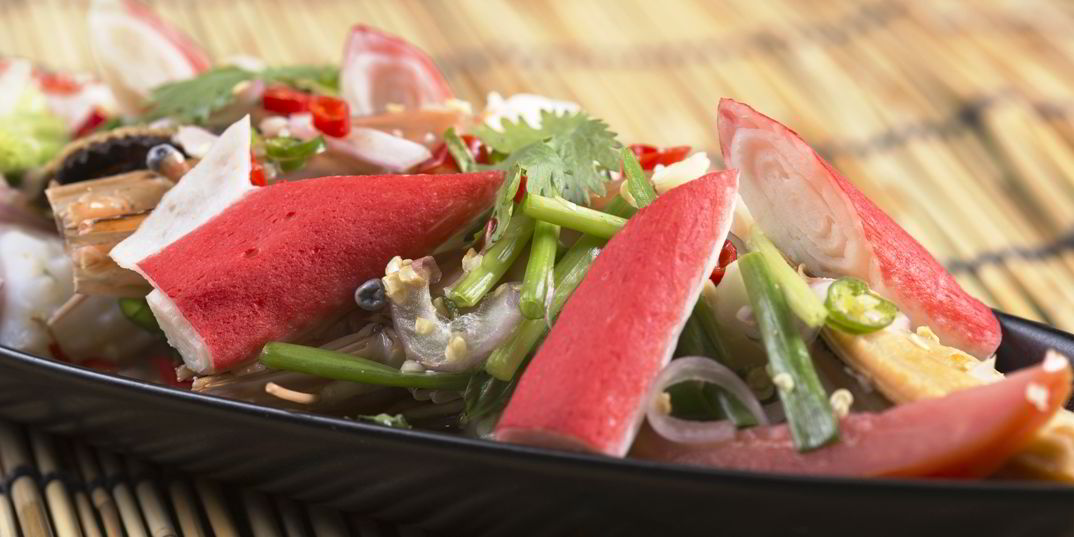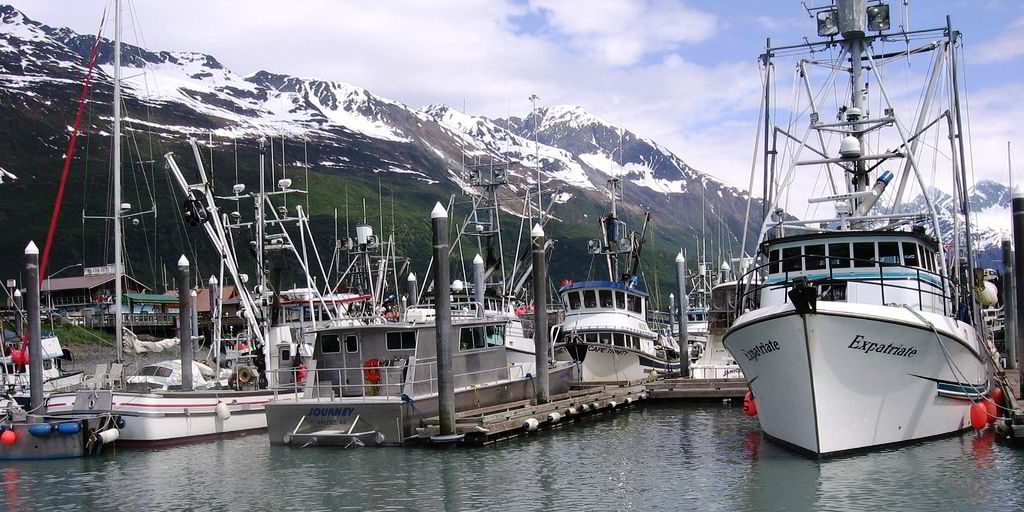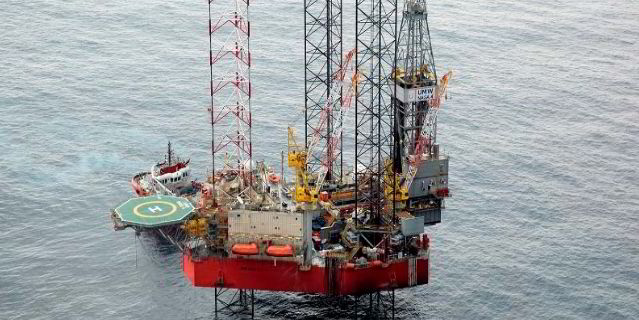Tropical fish far and away leads the pack in global surimi production on the global market, but coldwater surimi has a unique opportunity to claw back market share as tropical output faces declining output, Pascal Guenneugues, CEO of Future Seafood, told delegates at the 17th Surimi Industry Forum in Astoria, Oregon on Tuesday.
Of the 820,000 to 830,000 metric tons of surimi produced between 2014 and 2016, 540,000 metric tons was from tropical fish such as itoyori, eso, flying fish, sea bream and ribbon fish.
By contrast, just 260,000 metric tons was from coldwater fish such as Alaska pollock, Pacific whiting and hoki.
Some 20,000 metric tons was from freshwater fish, such as farmed silver carp from China, and 10,000 metric tons was from other species, such as mackerel and sardines.
The bulk of the tropical fish surimi came from Asia, countries such as China, India, Indonesia, Malaysia, Myanmar, Pakistan, Thailand and Vietnam, while the bulk of the coldwater fish came from Alaska, although some came from other parts of the US West Coast and Japan.
Tropical fish surimi is slated to decrease this year, Guenneugues said, due to a lower supply of raw material: Thailand and Indonesia are enforcing strict fishing regulations and applying conservation measures to protect the resource, while Vietnamese and Chinese fishing vessels have reduced access to foreign fishing grounds.
In fact, Vietnam's fishing fleet has lost access to Indonesian fishing grounds, which used to represent one-third of the fish supply to South Vietnam.
In addition, despite greater investment in technology, the quality of this surimi is falling due to a lower supply of quality fish, the result of overfishing.
In stark contrast, Alaska pollock, used for coldwater surimi, has its highest historical quota levels at nearly 1.6 million metric tons, and the feared crisis due to increased pollock surimi production leading to oversupply did not happen.
This year's surimi forum and OSU Surimi School are the last ones offered in Astoria, according to longtime organizer Jae Park. The forums will be consolidated into Global Surimi Forums to be held in Asia, Europe and North America.
---
For more seafood news and updates, follow us on Facebook and Twitter or sign up for our daily newsletter.


